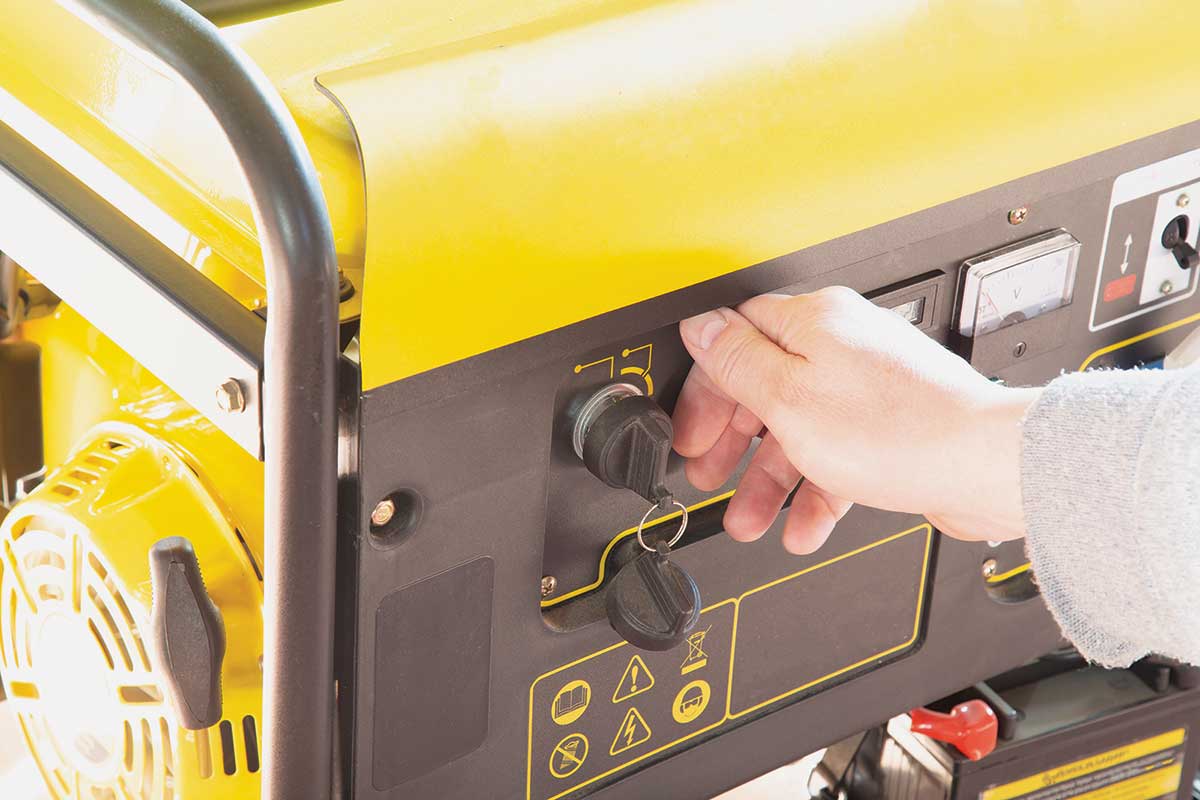In Texas, storm season starts early and stays late, so Texans need to know how to avoid the deadly hazards that severe storms can leave in their wake. Here are some common dangers that arise during storms.
Carbon monoxide poisoning. If the power goes out, you might need to use alternate means to power appliances or for light, heat or cooking. Gas-powered generators can pose hazards if not used safely. Make sure to operate portable generators according to safety specifications. Use generators, grills and camp stoves outside the house and garage, at least 20 feet away from windows, doors and vents.
Electrocution. Severe weather can snap electric lines and break poles, leaving live electric wires down where you or family members could be in danger of touching them. Power lines can carry enough voltage to injure and even kill, so exercise extreme caution around them if you must venture outside.
Never assume that a line isn’t live just because it doesn’t throw sparks, pop or hiss. Stay away from all downed wires and whatever they’re touching, especially water or wet items.
Closer to home, make sure electrical cords and cables you use with portable generators are undamaged and in good repair. Keep cords away from puddles and sources of water.
Flooding. Avoid standing water, which can conceal electrical hazards—outlets or other electrical equipment. Don’t operate appliances and equipment that are in water or have been underwater. Dry them out and have a qualified technician clear them for use first.
House fires. You might light candles if the power goes out. Place candles on stable, flat surfaces, out of traffic areas and away from the reach of children. Better yet, use flashlights and battery-powered lanterns instead.
Gas explosions. Storms can damage gas lines easily. If you smell or hear gas leaking, don’t use electrical equipment—including landline phones—or switch lights on or off. Before you use a gas appliance or gas cylinder that has been underwater, have a professional check it for damage and leaks.


